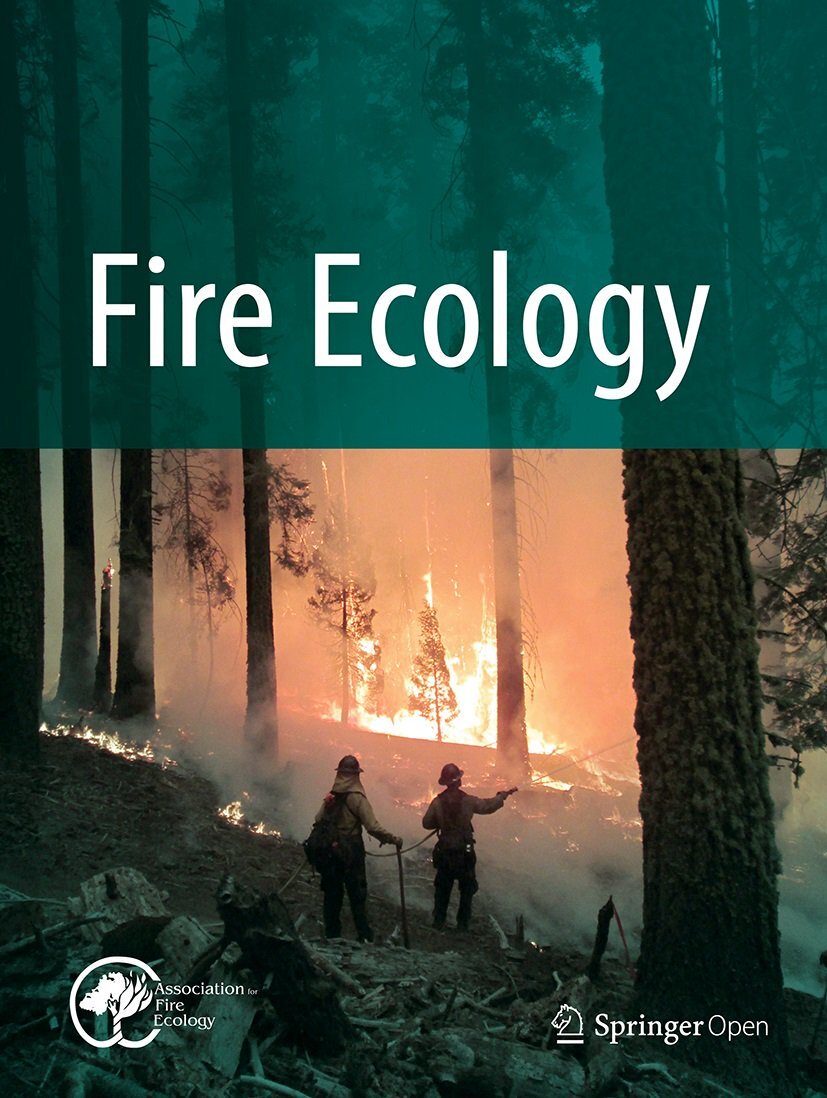Job Type: Full-time, on-site, seasonal
Location: Multiple locations
Salary: $900-$1000/week, $1000 travel stipend, and $300 boot allowance
Application Deadline: December 31, 2025
Description:
The U.S. Forest Service (USFS)/Student Conservation Association (SCA) Wildland Fire Academy is an intense fuels reduction training program designed to introduce Field Leaders and Members to the rigors of the Fire & Fuel Programs across the USFS. During the program, Leaders and Members will train, live, and work as a cohesive and dynamic crew on fuels mitigation and fuels reduction projects. Leaders and their crew will be assigned to districts identified as Healthy Forest Restoration Act Wildland Urban Interface (WUI) Lands to learn how different National Forests handle the challenges of wildfire mitigation in their respective ecosystems.
The season begins with a rigorous 7-week paid training period that includes a robust introduction into leading for the Student Conservation Association, Wilderness First Responder (WFR), several certification courses in route to obtain a federally recognized fire qualifications card with the USFS and your Intermediate (Level B) Chainsaw Card. Some online coursework will need to be completed before the 03/30/2026 start date.
Throughout the season, Leaders will mentor a team of four Members through fuels reduction and other conservation or restoration projects, while supporting positive group dynamics, and individuals’ personal and professional development.
Some projects will require long daily commutes, or traveling long distances between project sites. Teams may live without electricity, running water, and/or cell phone reception for extended periods of time. This is NOT an entry-level position. Previous experience using chainsaws, as well as working and/or leading in the role of Firefighter Type 2 (FFT2) is required. Firefighter Type 1 qualification is preferred, but not required for this position.
The primary objective for this program is fuels reduction, not fire suppression. Prescribed burns are condition-dependent opportunities, and will often require an extended and flexible work schedule from the team as identified by the partner agency. Prescribed burns and wildfire suppression opportunities are possible, but cannot be guaranteed.
Throughout the season, Field Leaders play an important role in maintaining professional working relationships with land management agency partners, and will NOT have the opportunity to engage in Administratively Determined (AD) status with the U.S. Forest Service, with the exception of local, on-district Initial Attacks.
Every leader is expected to engage in daily tasks to achieve mission and project goals as assigned by USFS personnel. Communication is key to success and each leader has their own responsibility to continually develop themselves with positive communication strategies, while advocating for safety, wellness, and crew development throughout the season.
Responsibilities:
Monitoring completion of project tasks as assigned; whether it is using a chainsaw, piling brush into burn piles, working with your team to move a large rock, or doing dishes. Full engagement is expected in all work projects and community activities.
Serve as a mentor for Members by guiding team dynamics, establishing healthy group norms, and providing support for Members’ personal and professional development through routine check-ins and performance evaluations.
Assist the team with meal planning, developing emergency response plans, and completing logistical tasks such as route planning and fuel monitoring.
Recording work totals and creating reports for SCA and agency partners.
Interfacing with general public and partner organizations in a manner that reflects positively upon the crew, organization, and agency.
Participating in daily workflow, while developing corps members’ leadership styles and abilities in a team setting. Planning and implementing time management strategies to achieve daily objectives and tasks.
Facilitating a positive work and home environment for your members both on and off duty. Engaging members in activities that empower and inspire a growth mindset.
May be required to provide team building and team support outside of standard work hours.
Maintaining administrative crew leadership including budget management and service hour verification.
Minimum Qualifications:
Commitment to living and working within an intensive crew environment, often in a shared space.
Desire to do manual labor in all weather conditions, including wind, rain, extreme heat, extreme cold, and extremely pleasant days.
Minimum of 1 (One) year of previous chainsaw operation experience at the A-Feller Lever.
Minimum of a FFT2 (Firefighter Type 2) qualified, FFT1 preferred. (Can be expired, if demonstrating at least 90 days of active experience)
Must be able to complete a Health Screening Questionnaire and an in-person physical exam if required by the USFS to be cleared before the position start date.
Must be able to pass the Arduous Work Capacity Test during the training timeline (exact date TBD). We recommend that physical training for this test begin 4 weeks prior to arrival at training.
Eligibility to operate an SCA vehicle
Be a minimum of 21 years old
Possess a current and valid driver’s license,
Have a minimum of 3 years of State authorized driving experience
Pass a comprehensive motor vehicle record check
This SCA Position is authorized under the Public Land Corps Authority. All participants must be between the ages of 16 and 30, inclusive, or veterans aged 35 or younger, at the start of the position. Participants must also be a citizen or national of the United States or lawful permanent resident alien of the United States. Hours served can be applied toward the Public Land Corps (PLC) hiring authority.
Desired Qualifications:
Backpacking experience
Passion for the outdoors, and mentoring and teaching others in an outdoor setting
Camping experience with kitchen set up experience
Ability to perform arduous tasks outdoors, for several hours at a time
Ability to live in a multi-gendered, multi-cultured living space, sharing common spaces and communal meal settings each day.

